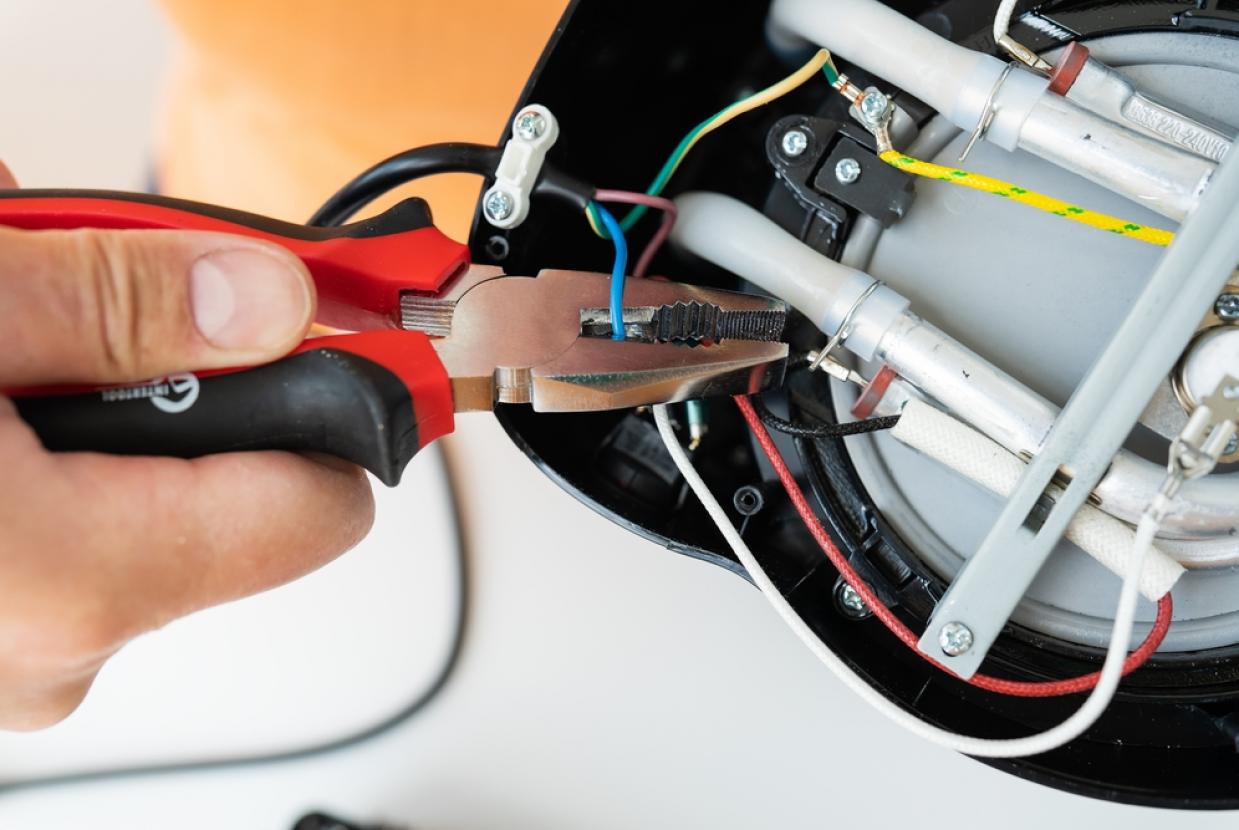Do You Know The Signs Of Dementia?
DementiaDementia is not a disease itself. It's a collection of symptoms that result from damage to the brain caused by different diseases, such as Alzheimer's. These symptoms vary according to the part of the brain that is damaged.
Common early symptoms of dementia
Different types of dementia can affect people differently, and everyone will experience symptoms in their own way. However, there are some common early symptoms that may appear some time before a diagnosis of dementia. These include:
- memory loss
- difficulty concentrating
- finding it hard to carry out familiar daily tasks, such as getting confused over the correct change when shopping
- struggling to follow a conversation or find the right word
- being confused about time and place
- mood changes
These symptoms are often mild and may get worse only very gradually. It's often termed "mild cognitive impairment" (MCI) as the symptoms are not severe enough to be diagnosed as dementia.
You might not notice these symptoms if you have them, and family and friends may not notice or take them seriously for some time. In some people, these symptoms will remain the same and not worsen. But some people with MCI will go on to develop dementia.
Dementia is not a natural part of ageing. This is why it's important to talk to a GP sooner rather than later if you're worried about memory problems or other symptoms.
Symptoms specific to Alzheimer's disease
The most common cause of dementia is Alzheimer's disease. Common symptoms of Alzheimer's disease include:
- memory problems, such as regularly forgetting recent events, names and faces
- asking questions repetitively
- increasing difficulties with tasks and activities that require organisation and planning
- becoming confused in unfamiliar environments
- difficulty finding the right words
- difficulty with numbers and/or handling money in shops
- becoming more withdrawn or anxious
Symptoms specific to vascular dementia
Vascular dementia is the second most common cause of dementia, after Alzheimer's. Some people have both vascular dementia and Alzheimer's disease, often called "mixed dementia".
Symptoms of vascular dementia are similar to Alzheimer's disease, although memory loss may not be as obvious in the early stages.
Symptoms can sometimes develop suddenly and quickly get worse, but they can also develop gradually over many months or years.
Specific symptoms can include:
- stroke-like symptoms: including muscle weakness or temporary paralysis on one side of the body (these symptoms require urgent medical attention)
- movement problems – difficulty walking or a change in the way a person walks
- thinking problems – having difficulty with attention, planning and reasoning
- mood changes – depression and a tendency to become more emotional
Symptoms specific to dementia with Lewy bodies
Dementia with Lewy bodies has many of the symptoms of Alzheimer's disease, and people with the condition typically also experience:
- periods of being alert or drowsy, or fluctuating levels of confusion
- visual hallucinations (seeing things that are not there)
- becoming slower in their physical movements
- repeated falls and fainting
- sleep disturbances
Symptoms specific to frontotemporal dementia
Although Alzheimer's disease is still the most common type of dementia in people under 65, a higher percentage of people in this age group may develop frontotemporal dementia than older people. Most cases are diagnosed in people aged 45-65.
Early symptoms of frontotemporal dementia may include:
- personality changes – reduced sensitivity to others' feelings, making people seem cold and unfeeling
- lack of social awareness – making inappropriate jokes or showing a lack of tact, though some people may become very withdrawn and apathetic
- language problems – difficulty finding the right words or understanding them
- becoming obsessive – such as developing fads for unusual foods, overeating and drinking














































